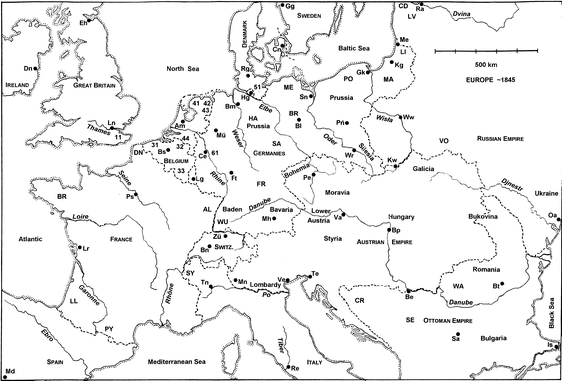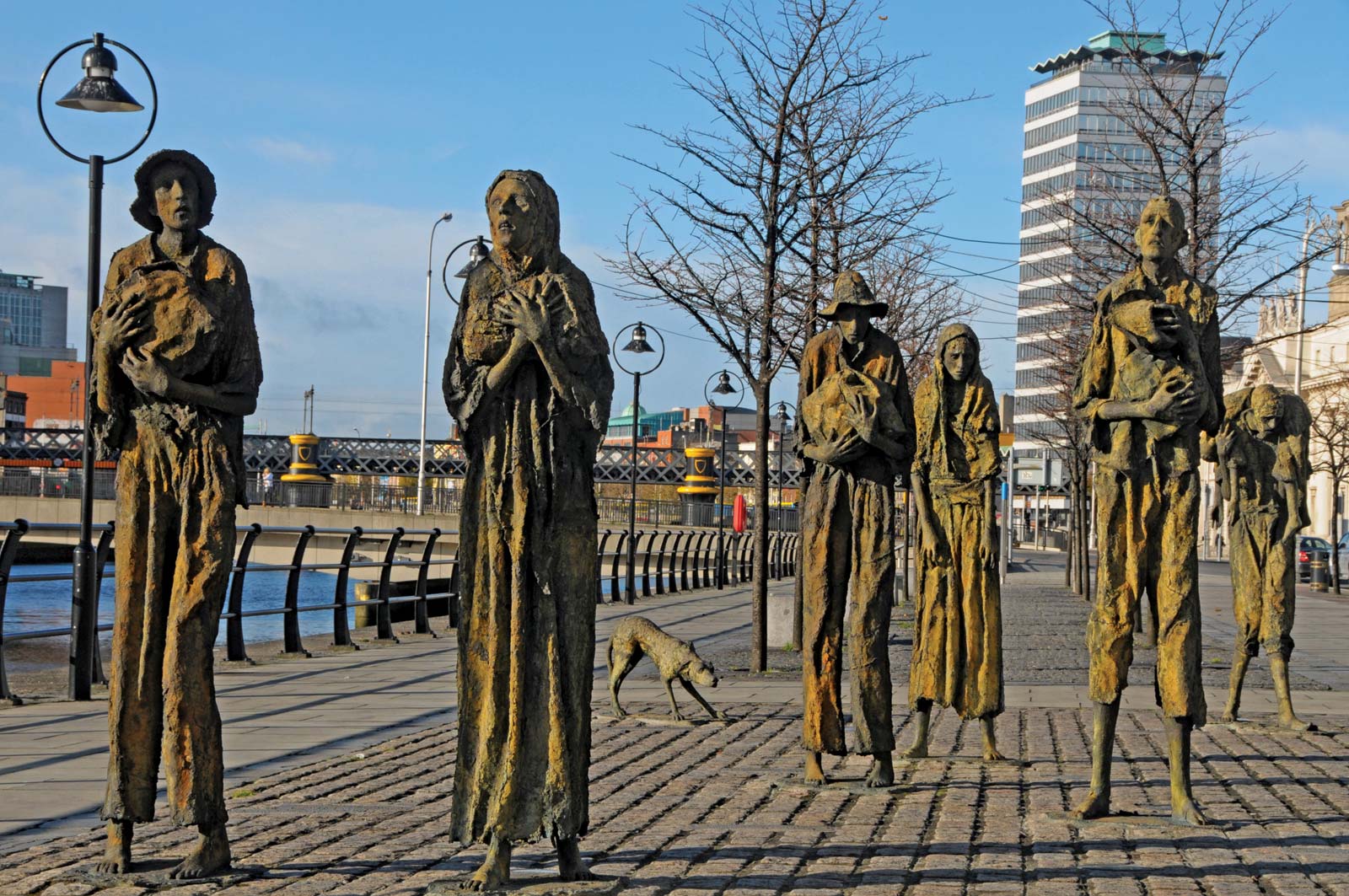The only country in the world that has a 21st century population less than it was in the mid-19th century. Why? The obvious answer is the famine (deliberately worsened by the British) and the resultant mass emigration, but I recently learned there was another factor too: Ireland didn't properly industrialise until after independence. Most nations had a large demographic shift in the 19th century where the rural poor went to work in urban factories, but the British prevented Ireland from developing that industrial base, and there weren't any large coal deposits locally. The Irish rural poor did end up moving to cities en masse, just ones that were outside Ireland.

Britain has a lot to answer for.

Britain has a lot to answer for.





